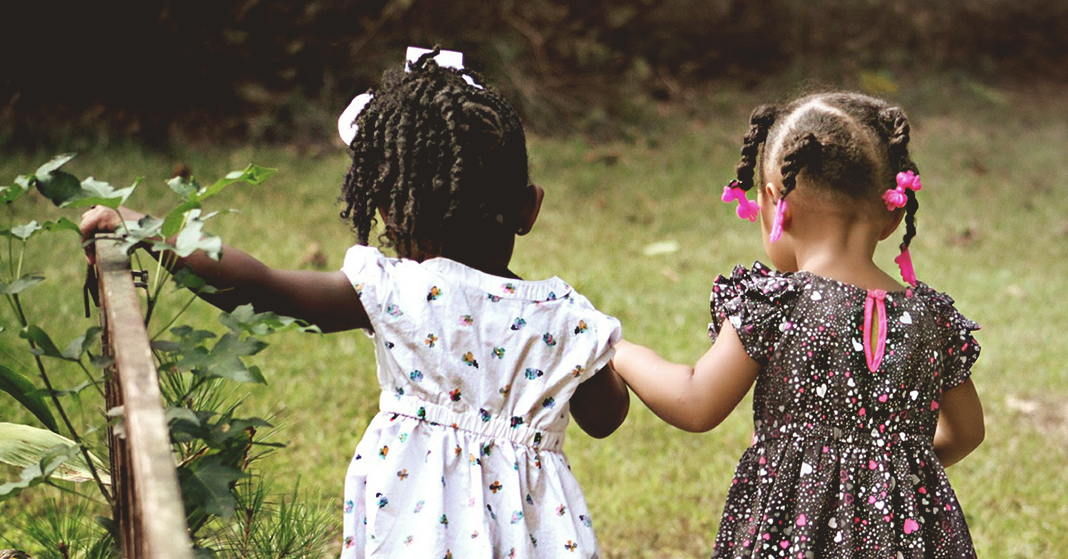 Having friends—and being a friend—is important for every child. Good friends provide emotional support, companionship, and love. They help your children to develop social graces and to understand people with backgrounds and perspectives different from their own.
Having friends—and being a friend—is important for every child. Good friends provide emotional support, companionship, and love. They help your children to develop social graces and to understand people with backgrounds and perspectives different from their own.
Becoming a good friend doesn’t happen by accident; like many important skills, it requires some guidance and training. Whether you choose to educate your children at home, in a private or Christian school, or in public school, teaching your child how to be a true friend is part of your role as a parent.
1. Greeting People
The best way to make a friend is to be one. As the Bible says, “A man that hath friends must show himself friendly” (Proverbs 18:24). Does your child know how to start and end a conversation? Is he or she comfortable approaching and greeting new people or familiar acquaintances? Before a social situation, you can be your child’s coach and offer some tips about making new friends and greeting old friends.
2. Paying Attention
Is your child relaxed when talking to others? Does he or she remember to smile? Teach your child how to ask questions and take an interest in what others are saying. Help him or her learn to make good eye contact with someone during a conversation.
3. Practicing Social Graces
Purposely place your children in settings that compel them to use social skills. If a child is shy or uncomfortable in certain situations, invent fun ways to role-play those scenarios at home until he or she feels more comfortable.
4. Explaining Etiquette
Depending on their age and permitted use of technology, your children should be able to compose a congenial letter or email to a friend, as well as send a polite, correctly spelled text. Role-play the correct way to answer the phone or close out a phone conversation. To teach the proper etiquette to use at a party or another social event, why not host a pretend dinner party, complete with invitations and RSVP cards?
5. Sacrificing Self
Friendships are not one-sided but should enrich, inspire, and help both people in the relationship. A genuine friend puts time, love, and effort into the relationship, without the expectation of being repaid. Christ said, “Greater love hath no man than this, that a man lay down his life for his friends” (John 15:13). For younger kids, that idea of self-sacrifice could begin with sharing toys or participating in games that the other person wants to play.
6. Learning Value
Teach your children to treasure their friends. Those friendships enrich your kids’ lives and personalities, as well as allowing them to share their gifts and blessings with others. Expressing gratitude to a friend through a note, an email, or a phone call is a wonderful way to teach your kids to appreciate their friends.
7. Praying to Their Best Friend
God is the most important friend your children will ever have. Jesus told his disciples, “Ye are my friends, if ye do whatsoever I command you” (John 15:14). Through prayer, Bible reading, and obedience to God’s Word, your kids can have a close friendship with their Creator.
While perseverance, creativity, and intelligence help determine a child’s pathway in life, creating quality friendships may be just as crucial to future success. Even the Lord Jesus had His friends on earth, including the twelve disciples and others, with Peter, James, and John being His closest earthly relationships. With your help, your children can begin learning the value of making and keeping true friends.
• • • • •
Rebecca is a work-at-home freelance writer, novelist, wife, and the mom of two bright-eyed little ones. She credits her success in writing and her love of books to her own mom, who homeschooled three kids from pre-K through high school.
Leave a Reply